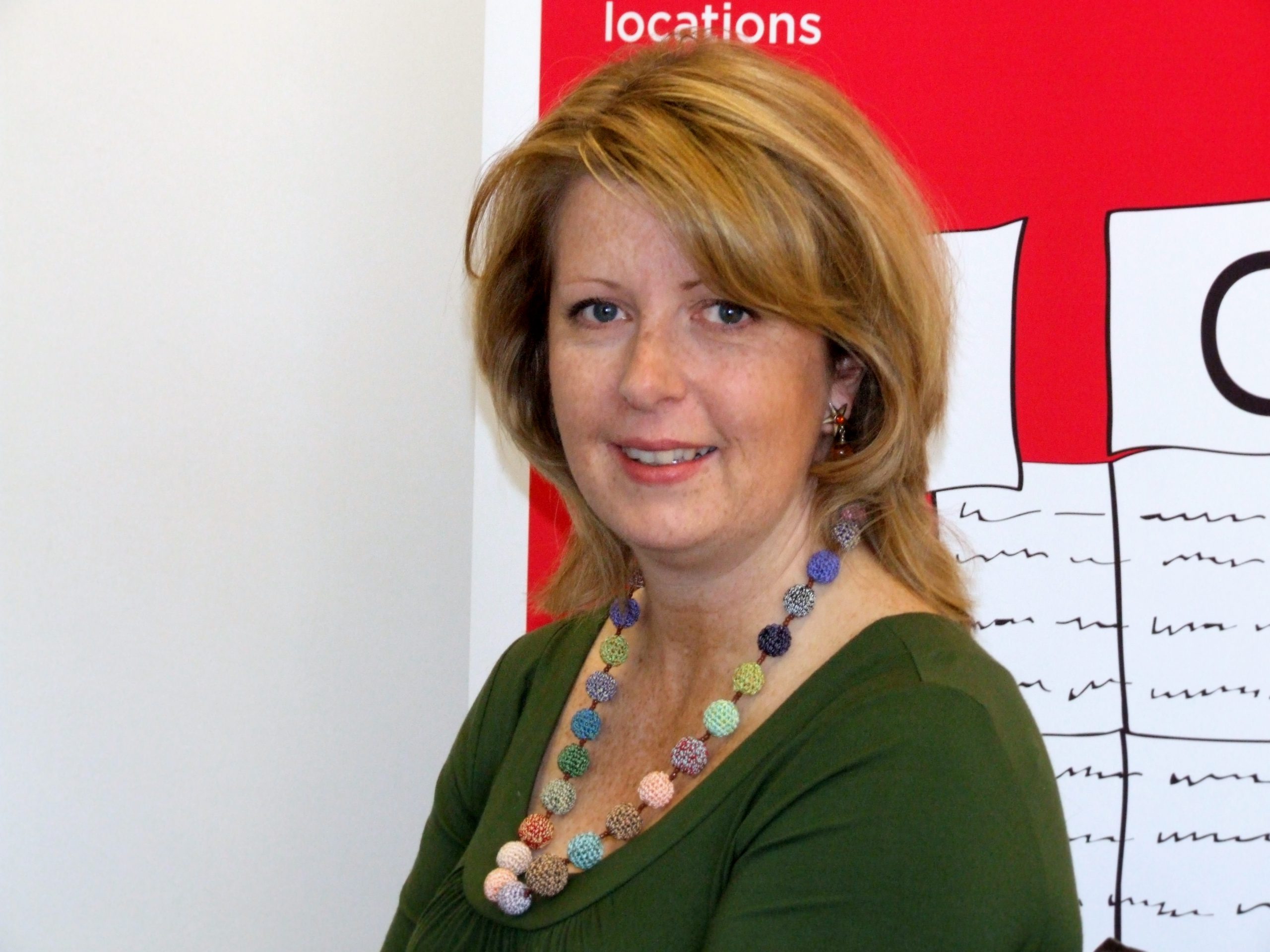
Pitman Training is one of the most widely recognised and respected training organisations in the world and in the first of their regular features in Executive Secretary, we caught up with Claire Lister, Managing Director, to get the lowdown on her career and what she thinks the future for executive secretaries holds.
Let’s start with a bit of background. Tell us how you got to where you are today?
I joined Pitman Training in 1998, as Finance Director as part of a management buyout team, and became MD in 2006. I was keen to join the company as I knew of the brand, and the great reputation it had in the industry.
But I came to where I am along quite a winding path, starting with studying chemistry at university. I had the value of education instilled in me from quite a young age by my family and was fortunate enough to go to university.
Like a lot of young graduates today, however, I came out of university with a degree but very little in the form of work-experience – I was certainly not job-ready, but having proved I was capable of getting a good degree is invaluable in the eyes of employers. We work with many of our students to provide vocational training to make them “job-ready” and a high proportion of our students get a job after training with us.
I decided to do a typing course as a way to develop skills that would add to my CV and make me more of an attractive prospect for potential employers. I’m 44, so this is going back over 20 years – when typing meant bashing away on typewriter keys with no room for error – delete, copy and paste weren’t an option! I learned an invaluable skill – one that stood me in good stead for my next move, and I’m proud to say I’m still a very good typist!
My father was an accountant, so I decided to follow in his footsteps. Unlike him I decided to become fully qualified, again thanks to having the value of education and training drummed into me whilst I was growing up.
What important lessons have you learned along the way?
I’ve learned that education and training gives you choices in life – yes, my degree didn’t directly contribute towards me getting my first position as an accountant, but it did mean I knew that I had the discipline for study. Training, and evidence of training, are essential – as are workplace skills – and I know that my typing skills have helped me throughout my career. You can never underestimate the power of being able to type quickly and correctly!
What have you found difficult or challenging in your career?
It’s a cliché and one that I wish I didn’t have to use, but I definitely think as a woman I’ve had to fight just that little bit harder than my male colleagues to achieve my place at the top table. It doesn’t make me angry, just smile, when I think of the times when clients asked me to make the coffee and deferred to my junior to ask a question – rest assured I put them right quickly enough – but nicely and usually with a laugh and a joke!
I don’t believe that men and women are better or worse in the workplace – just different. Those differences can mean we can be overlooked for the top jobs, but thankfully I think this is starting to change.
A great example is Stella English, who won the last series of The Apprentice. She understood the importance of training, as she left school with few qualifications but decided to retrain as PA in order to create a better life for her and her family. Her natural abilities enabled her to work her way up through the organisation, yet when she was doing one of the tasks on The Apprentice she was criticised for being too organised and methodical, and described as “just a PA”, which really got my back up – as I’m sure it did many of your readers!
Thankfully Lord Sugar saw her potential, and that her training, skills and ambition meant she was the right candidate for the job, and I think she’s going to be one of the most successful from the programme so far.
What’s your greatest achievement in your career?
I am proud of what I’ve achieved personally, but one of the greatest feelings of pride and achievement I have is when I visit one of our centres and I see what a real difference our training makes to people’s lives.
I love it when I see what a friendly – almost family-like – atmosphere there is. I was recently in a meeting with our centre manager in Manchester and a student popped their head round the door to say hello – they were instantly greeted by name, and asked how they’d got on at a recent job interview, which I’m pleased to say was very well.
Thanks to my team we have a national and international business that has a local focus in every town or city in which we’re based – and a personal touch with every single one of our students. That’s really something to be proud of.
What do you think the future holds for executive secretaries and PAs?
Like many positions, the role of executive secretaries and PAs is expanding and changing, and in a very exciting, albeit sometimes challenging, way.
Thanks to changes in technology, secretaries and PAs are no longer expected to purely focus on an administrative function. Just as personnel departments have evolved into human resources, and purchasing into procurement, an executive secretary’s role has become much more strategic and business-critical than ever before.
Responsibilities for leading meetings, managing teams, recruitment, staff development, finance and marketing have all been added to the remit of top-level PAs and the role is continuing to grow.
The social media revolution has also had a major impact too, and it’s not uncommon for an executive secretary to be managing the Twitter or LinkedIn accounts of their directors – tweeting on their behalf – or writing and editing their blog, as well as cultivating their own online reputation and network. So what impact does this have on the training needs of executive secretaries and how are you evolving as a business to meet these needs?
We’ve always taken pride in meeting the changing needs of businesses and our courses are designed to equip our students with the skills they need to go straight out into the workplace – unlike me when I left university!
Being focused on what businesses want and having the know-how and personal touch to deliver it well, is why we have such a great reputation with employers around the world.
For those who already have responsibilities for communications, HR, finance etc, but no formal training – or evidence of that training – I’d really recommend it, as in tough times that can make all the difference. For those who don’t yet have those additional roles, they probably soon will, so there’s never been a better time to train.
With the social media revolution comes a need for social media training as it’s so important for us all to learn about to get the most out of these invaluable resources and networking tools, myself included and to present a professional image.
And so, to finish, what’s the best piece of advice you could give to our readers?
Take responsibility for your own development – it’s never too early, or too late, to add to your skills and training. My ten-year old daughter recently did some typing and Microsoft Word training as I know from experience how invaluable that will be for her and I’m always learning new skills. Every day really is a school day.












